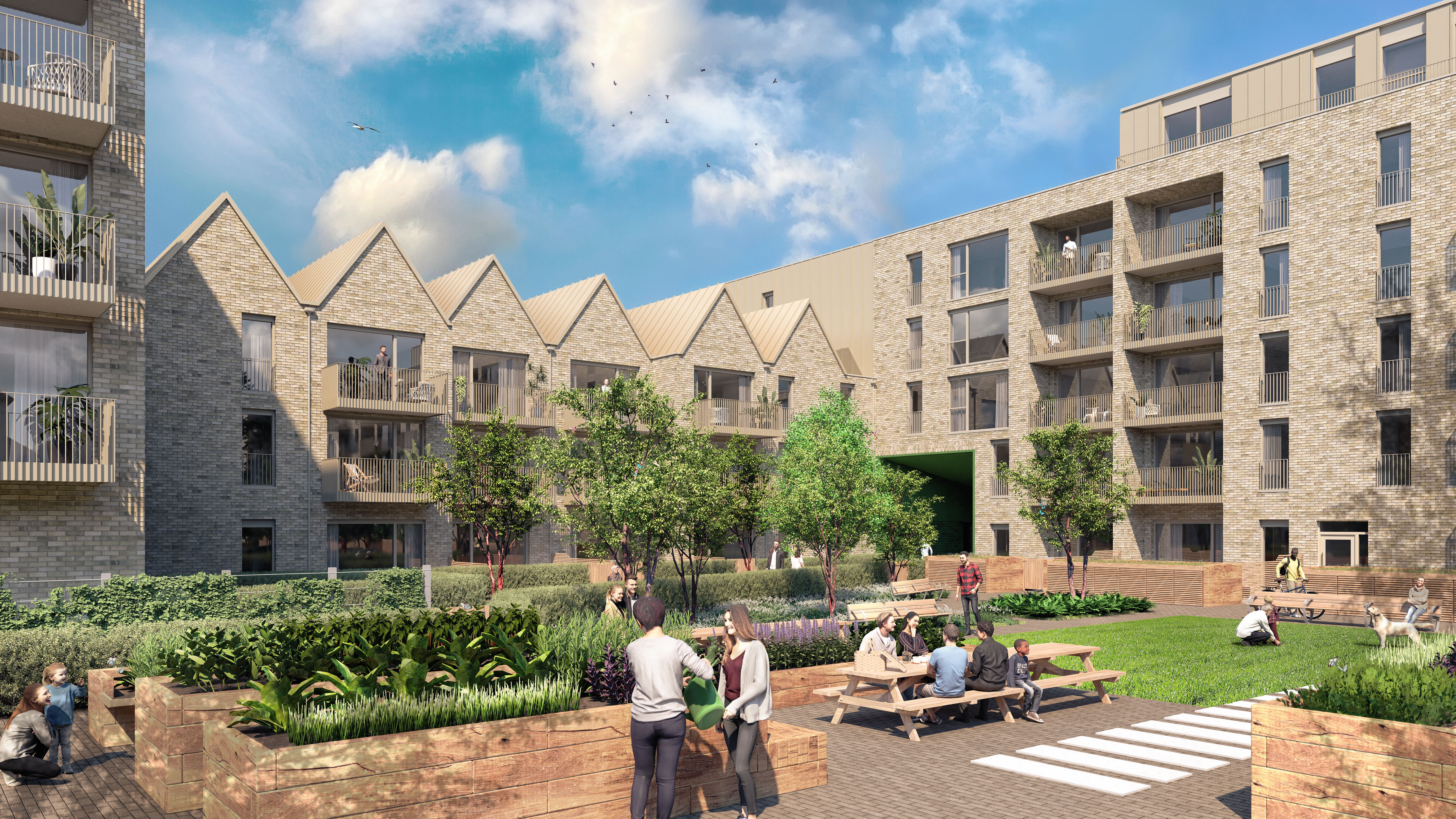Responsible Investment
Sustainable Real Estate Building a Greener Future

Building a Greener Future through Sustainable Real Estate Development
Sustainable Real Estate Development is not merely a buzzword; it’s a commitment to shaping the future of our cities and communities. In a world increasingly aware of environmental challenges, real estate developers are stepping up to the plate, envisioning and implementing practices that prioritize sustainability and eco-friendliness.
Innovative Design Concepts: Redefining Urban Living Spaces
The cornerstone of sustainable real estate development lies in innovative design concepts. Developers are embracing designs that optimize natural light, reduce energy consumption, and incorporate green spaces. The goal is to create urban living spaces that not only meet the needs of residents but also minimize the environmental impact, enhancing the overall quality of life.
Renewable Energy Integration: Powering Tomorrow with Clean Energy
Sustainable real estate development is harnessing the power of renewable energy sources. Solar panels, wind turbines, and geothermal systems are becoming integral components of eco-friendly buildings. By incorporating these technologies, developers are not only reducing carbon footprints but also providing a glimpse into a future powered by clean and sustainable energy.
Smart Technologies for Efficient Resource Management
The advent of smart technologies is revolutionizing how buildings are managed and operated. Sustainable real estate development leverages IoT (Internet of Things) devices to optimize resource usage. From intelligent lighting systems that adjust based on occupancy to smart HVAC systems that adapt to environmental conditions, these technologies enhance efficiency and reduce overall resource consumption.
Green Building Materials: From Concept to Construction
The choice of building materials plays a pivotal role in sustainable real estate development. Developers are increasingly opting for eco-friendly materials that have minimal environmental impact. From recycled steel and reclaimed wood to sustainable concrete alternatives, the emphasis is on constructing buildings that not only stand the test of time but also contribute to a healthier planet.
Zero-Waste Construction: Paving the Way to Sustainability
The concept of zero-waste construction is gaining prominence in sustainable real estate development. Developers are adopting practices that minimize construction waste through efficient planning, recycling, and reusing materials. This not only aligns with environmental goals but also contributes to cost-effectiveness in the long run.
Urban Green Spaces: Creating Lush Oases in the City
Sustainable real estate development recognizes the importance of integrating nature into urban landscapes. Green roofs, vertical gardens, and communal green spaces are becoming common features. These not only provide aesthetically pleasing environments but also contribute to biodiversity and improve air quality, creating a more livable and sustainable urban setting.
Community-Centric Development: Fostering Social Sustainability
Beyond environmental considerations, sustainable real estate development prioritizes social sustainability. Community-centric planning involves creating spaces that foster social interaction, inclusivity, and a sense of belonging. The aim is to build communities that thrive not just in terms of environmental sustainability but also in terms of social harmony and well-being.
Certifications and Standards: Setting the Bar for Excellence
Certifications and standards, such as LEED (Leadership in Energy and Environmental Design), serve as benchmarks for sustainable real estate development. Achieving these certifications demonstrates a commitment to meeting
